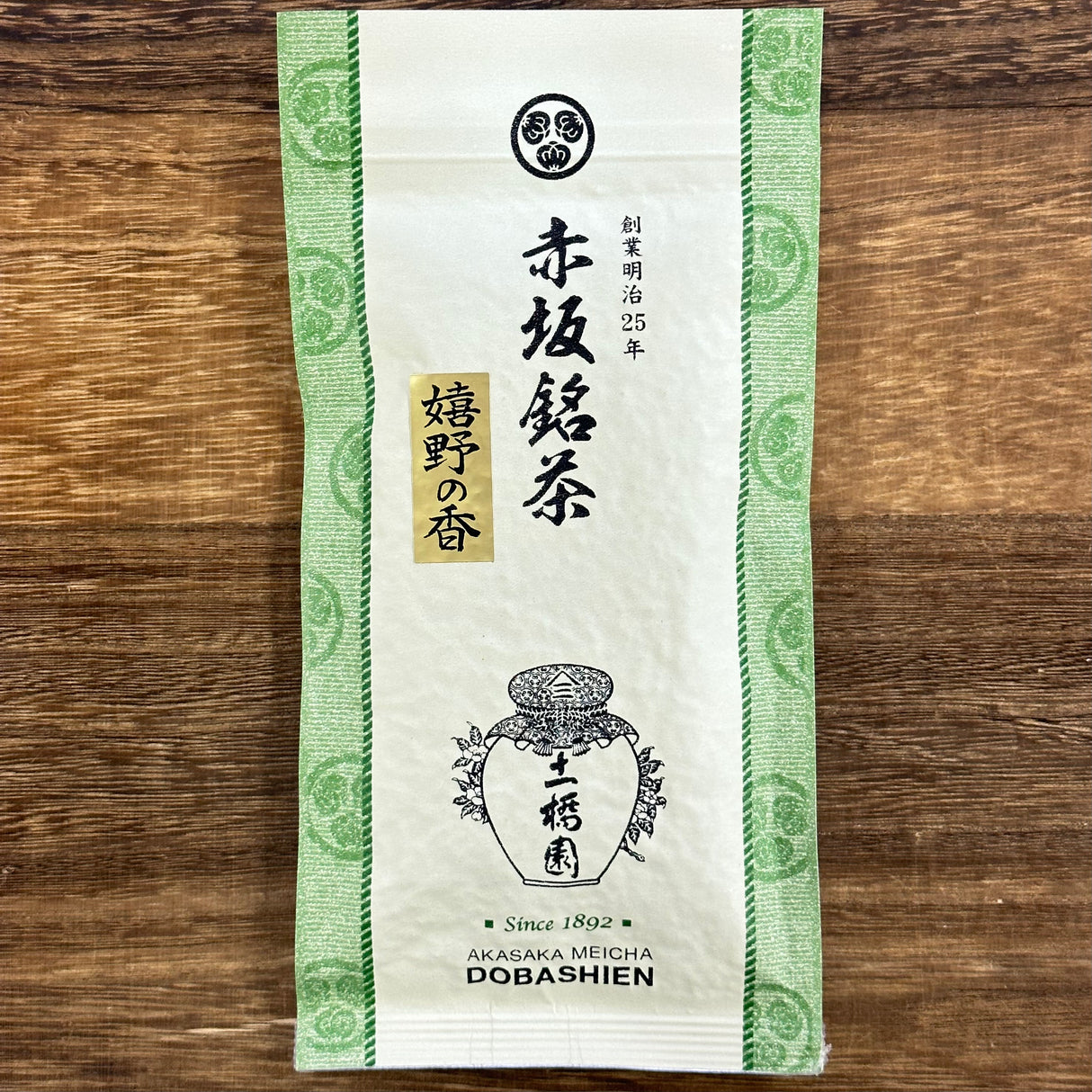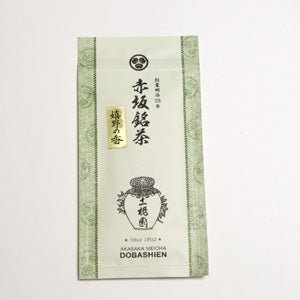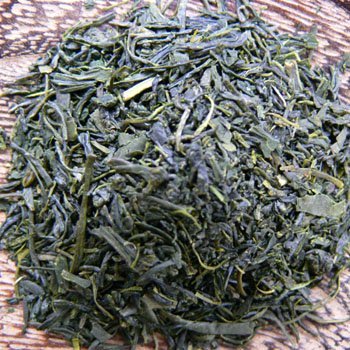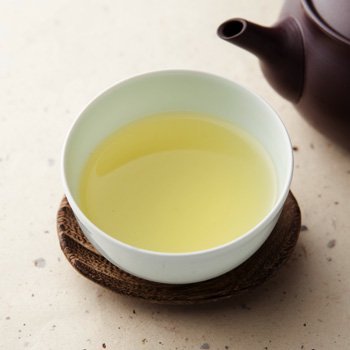Shipping Methods & Delivery Guarantee
Shipping Methods & Delivery Guarantee
Shipping fees vary by country, courier, weight, and method.
Place items into your inventory and go to the CART page to see the shipping estimate calculator. For some countries, we may need to manually calculate fees after purchase.
YUNOMI.LIFE'S DELIVERY GUARANTEE: We guarantee delivery for all orders shipped by airmail with a tracking number. (Conditions apply. Exceptions when notified.) Occasionally, orders may require additional customs processing for import. We will aid you to the fullest extent of our ability. If your order does not arrive within ONE month from shipment due to no fault of your own, we will replace or refund your order at no extra cost. We reserve the right to refuse shipment if we think delivery to your address may be difficult. This guarantee does not apply if recipient neglects or refuses to pay customs fees & import taxes, neglects to retrieve an order held at a post office or distribution center, or if the order is not deliverable due to a wrong address. Yunomi.life's Delivery Guarantee does not apply to wholesale purchases.
#0223.S1 Dobashien Tea #30: Saga Sencha, Ureshino no Kaori 嬉野の香
#0223.S1 Dobashien Tea #30: Saga Sencha, Ureshino no Kaori 嬉野の香 - 10g / 0.35oz / Yunomi Resealable Bag <-- Procured or produced on demand. PREORDER now to get started.
Couldn't load pickup availability
If item is out of stock, add it to your wishlist to be notified by email as soon as item can be purchased.
The Ureshino region in Southern Japan is very well known for their kamairicha. What is a kamairicha? It is a “pan-fired tea” green tea made by heating the leaves in a pan instead of steaming. This is generally the same method used to make many Chinese-style green teas and has been practiced for generations in Southern Japan.
It has a unique shape that is rare for Japanese tea with a rounded, stiff and moderately curved shape.
The tea leaves of this kamairicha from Ureshino have a bright and glossy color.
It has a refreshing taste with less bitterness, which are characteristics of kamairicha in general. This tea is recommended for those who do not do too well with the astringency of Japanese teas.
Product Info
- Name: Dobashien: Ureshino Shincha from Saga, Ureshino no Kaori
- Japanese name: 嬉野の香
- Ingredients: Green tea
- Net weight: 100g / 3.52 oz (sample sized packed by Yunomi)
- Region: Saga, Ureshino Prefecture
- Note: Just a little bitter and refreshing taste
Vendor Info
- Name: Dobashien Tea Company
- Type: Merchant & manufacturer
- Location: 3-17-8 Akasaka, Minato-ku, Tokyo 107-0052
In 1892, Dobashien's founder Tetsugoro Dobashi established a small tea shop in a quiet residential district on the outskirts of Tokyo. As the city expanded, the area known as Akasaka-Mitsuke became one of the city's elite districts with ryotei, luxury Japanese restaurants, hosting meetings between powerful politicians. At these ryotei, only the best tea leaves from Shizuoka and other parts of Japan are served.
-
RegionSaga - 佐賀県
-
Vendor TypeMerchant, Factory
Payment & Security
Payment methods
Your payment information is processed securely. We do not store credit card details nor have access to your credit card information.















